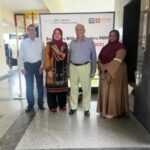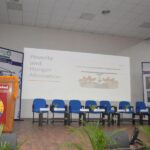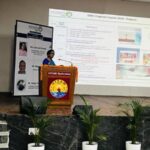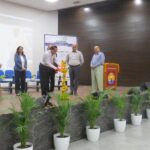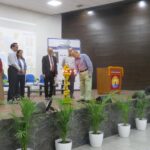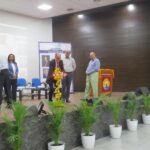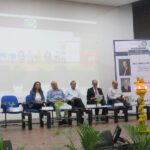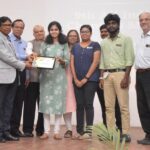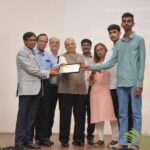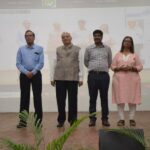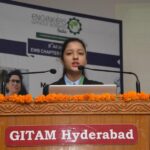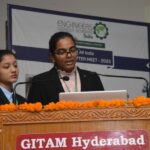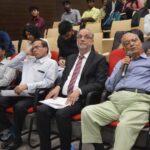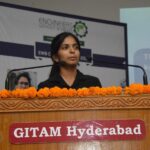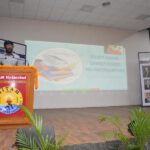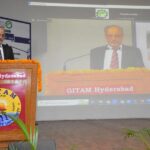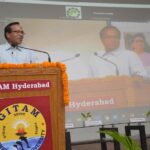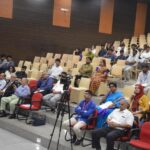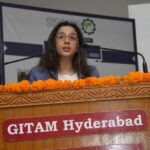The project has the following aims:
- Transfer the technology of producing fuel briquettes from agricultural and other biomass waste to a cluster of villages in Madhya Pradesh (Central India).
- Provide efficient, smoke-free cook stoves at a subsidized price to households in these villages.
- Support rural entrepreneurship, especially involving women entrepreneurs, by helping them to set up small fuel briquettes production units.
Project Description:
Energy deeply influences people’s lives as it is required for cooking food and lighting.
- As per UNDP report of 2007, about 70 % of Indian population is still dependent on Fire Wood and Cow Dung cakes to meet their daily cooking fuel needs.
- Inefficient use of such solid fuels and poor quality of cook stoves has increased indoor pollution, leading to about 500,000 people losing their lives annually especially women and children.
- To address these issues, EWB-India has developed/adapted simple technology to use easily available agro waste materials as cooking fuel. Fuel Briquettes can be made from most organic waste materials easily and are relatively pollution free.
- EWB-India has been working in this area for the last 2 years. Three different types of Briquetting Equipments have been experimented with to produce fuel briquettes and also improve productivity.
The process of briquetting is simple and mostly manual which even rural women with little training can make for themselves or for a community. The setup requirements have to be customized to suit the local waste materials. This project will be carried out by EWB-India, Hyderabad Chapter in collaboration with DeenDayal Research Institute (DRI) which has already implemented solar lighting projects in the selected villages, in Madhya Pradesh ensuring access and support from the community. DRI has agreed to provide the manpower resources during implementation of the project by EWB-India Hyderabad chapter and other Student Chapters from Madhya Pradesh, to access the villages wherein this project could be implemented. In addition, DRI will also provide space for running a central processing unit. The proposed project will ensure easy availability of cooking fuel at a lower cost and help in reduction of usage of wood and fossil fuels for cooking. This will have a direct impact in reducing pollution, improving quality of health, increase of green cover, and waste management.
The project is planned as an entrepreneurial model with sustainability aimed at self help group women. Initial capital subsidy is required for successful implementation of the project at selected locations. The entrepreneurs and the users will bear part of the project cost. It will also generate livelihoods for a few and also benefit farmers for utilization of agro waste normally being burnt and wasted. The project will impact 500 families (about 2000 people) in about 8 villages. As the entrepreneurs are making part investment and will operate on business lines with involvement of members of the villages, it is expected to be sustainable.










